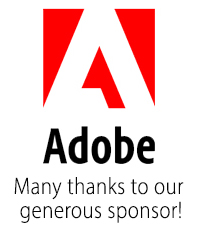ACE VISITING EDITORS PROGRAM
ACE Visiting Editors Program provides colleges, universities, and other educational institutions with guest speakers from ACE with no speaking fees. Visits may be made via Zoom or in-person. We proudly present our current speakers below.
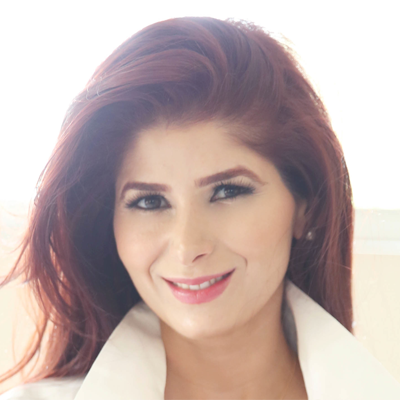
Yvette Amirian, ACE
An editing instructor at the USC School of Cinematic Arts, Amirian has navigated a career spanning movies, documentaries, and television over twenty years. Her work has been nominated for several awards, including a Primetime Emmy and an ACE Eddie Award.
CREDITS: The Integrity of Joseph Chambers, Mary J. Blige’s My Life, Dating Around
SYNOPSIS: What are the differences between narrative and documentary editing? In this talk you’ll learn the answer by exploring how documentary and narrative editors approach their footage, how they navigate the politics of the editing room, how the finishing process differs in the two worlds, and more.
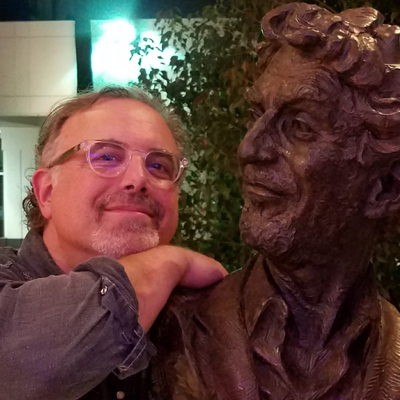
David Helfand, ACE
When David started editing, he wasn’t looking at comedy but comedy found him. He’s been finding the funny ever since with people like Chuck Lorre, Adam McKay, Mike White, Tina Fey, Darren Star and Mindy Kaling, earning three Emmy nominations for his single and multi-camera work.
CREDITS: Friends, Weeds, Young Sheldon
SYNOPSIS: Great editing is the artful balance of imagination, choice and persuasion. It isn’t invisible – you just don’t see it. In this class, David discusses when trickery is truth; mastering tone and technique; and the core principles common to drama, action and comedy (except comedy has more rules). Also, ego and the art of career maintenance.
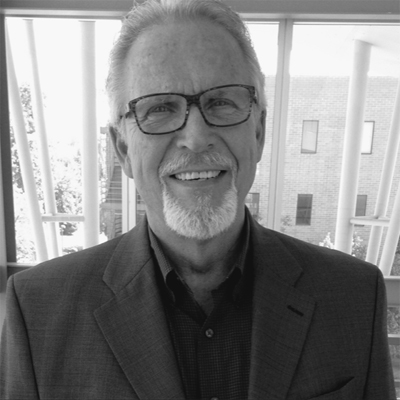
Michael Hoggan, ACE, DGA
Two-time Emmy and ACE Eddie nominee with 30 years experience editing on television series and mini-series, and 20 years experience as a college professor. Author of The Art and Craft of Motion Picture Editing.
CREDITS: Miami Vice, From Here to Eternity, Fantasy Island.
SYNOPSIS: Feature films, television series, and documentaries all share one thing in common: story. Michael talks about the work it takes to craft stories that really matter to a viewing audience.
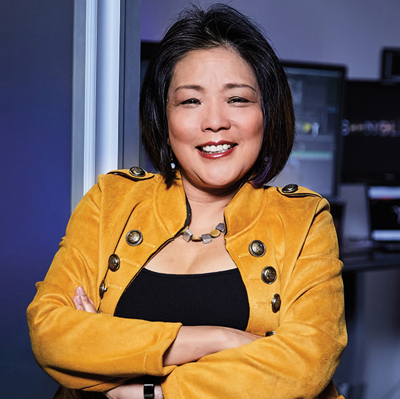
Omega Hsu, ACE
Omega has 30 years of experience in broadcast television, unscripted reality and big budget competition shows, and has been working for 19 seasons on The Voice.
CREDITS: The Voice, Rescue 911
SYNOPSIS: Ever wonder how those big shiny competition shows are cut? Are the coaches and judges on stage as witty as they seem? What about the story packages that are an essential part of the show? Using NBC’s The Voice as an example, Hsu unveils the complexity of cutting these shows.

Philip Malamuth, ACE
Philip won an Emmy for his work on Steven Spielberg Presents Animaniacs. He has more than 30
years in the business including experience in long form and episodic animation, indie features, documentaries, and dramatic and comedic series. He currently lectures at CalArts and mentors emerging female artists through WIA – Women in Animation.
CREDITS: Tom and Jerry: Willy Wonka and the Chocolate Factory, Life Inside Out – co-starring Finneas O’Connell, A&E Biography
SYNOPSIS: Philip has college level lectures available on animation workflow, shaping story in documentaries, entering
the editing profession as an Assistant Editor, as well as a high school level lecture on why you need an editor.
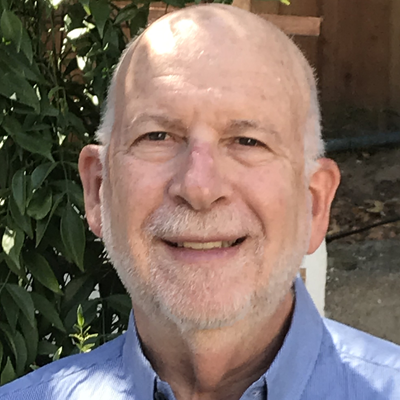
Stephen Mark, ACE
Stephen is a twice Emmy nominated editor who won the ACE Eddie Award for the pilot of James Cameron’s Dark Angel and again for his work on the HBO series DEADWOOD.
CREDITS: His recent projects include the Oprah Winfrey produced series Greenleaf and the independent feature of Fistful of Karma, Smallville, Deadwood, The X-Files.
SYNOPSIS: Narrative editors deliver story information to the audience in an engaging, rhythmic way. The first thing they need to know is how to think of it as a moment-by-moment revelation of information.
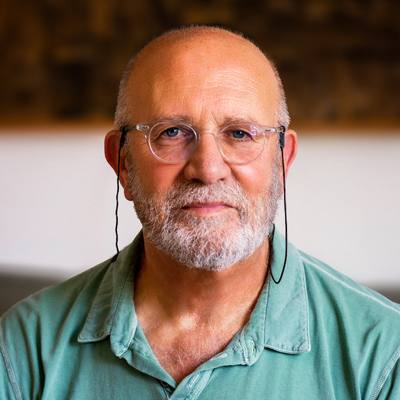
Jason Rosenfield, ACE
Three-time Emmy winning editor of feature documentaries and fiction films, including collaborations with Oscar winning documentarian Mark Jonathan Harris and movie icon Robert Altman.
CREDITS: Fire on the Hill, Lorena, The Seventies
SYNOPSIS: Subtext is the emotional undercurrent that drives plot, action, and character development. Using film clips from different genres and dailies from my own work, this class shows how to build a more powerful experience for the audience. Using shot choice, timing, rhythm and body language, the results are inevitably a richer, more compelling and profound cinematic experience
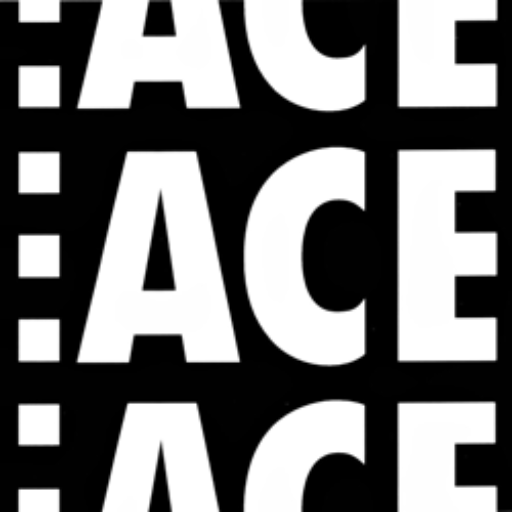
"The Essence of Cinema is EDITING"
